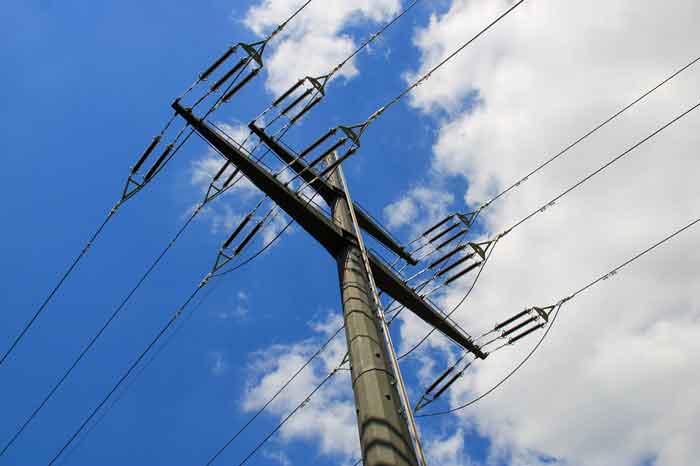B.C. Hydro Denies Gouging Charges
-
California claims utility charged too much for its power
Vancouver, B.C. -- B.C. Hydro officials vehemently have denied complaints from California that the Crown corporation inflated the price of electricity it sold to the Golden State.A report prepared by the operator of the state's reporting grid said B.C. Hydro reaped $176 million US in "excessive" profits by price gouging California utilities.The California Independent System Operator (Cal-ISO) studied utility pricing for 20 large suppliers between May and November. The report was filed with the United States Federal Energy Regulatory Commission in Washington on March 22.Parts of the report -- principally an allegation that power suppliers overcharged Californian utilities more than $6 billion US in December -- were made public on the commission's Web site.The chair of B.C. Hydro, Brian Smith, said California created its own problems.The study claimed Powerex, B.C. Hydro's electricity export subsidiary, inflated its prices last year.Smith said the prices charged by Powerex were entirely in line with market conditions."Indeed, the ISO's market surveillance committee, whose responsibility it is to monitor the markets, has never claimed that Powerex's bids were in any way inappropriate," said Smith in a prepared statement.The high prices are the result of the California government's partial deregulation of power, along with poor supply and high demand, he said.The Los Angeles Times said it had obtained confidential portions of the report and Wednesday published a story that said B.C. Hydro leads the list of companies that profit more than what should be earned in a healthy, competitive market.B.C. Hydro has previously disclosed that Powerex is owed about $300 million by both Pacific Gas & Electric Co., a utility that filed for bankruptcy protection from creditors last week, and Southern Californian Edison.
Related News

Duke Energy seeks changes in how solar owners are paid for electricity
CHARLOTTE - Duke Energy has proposed new rules for how owners of rooftop solar panels are paid for electricity they send to the electric grid. It could mean more complexity and lower payments, but the utility says rates would be fairer.
State legislators have called for changes in the payment rules — known as "net metering."
Right now, solar panel owners who produce more electricity than they need get credits on their bills, equal to whatever they pay for electricity. Under the proposed changes, the credit would be lower and would vary according to electricity demand, said Duke spokesperson Randy Wheeless.
"So in…




